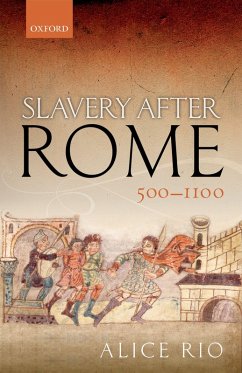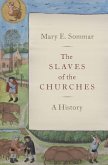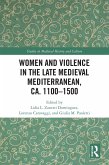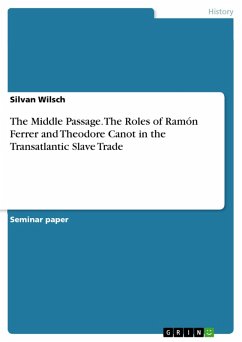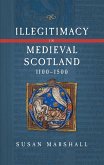Slavery After Rome, 500-1100 offers a substantially new interpretation of what happened to slavery in Western Europe in the centuries that followed the fall of the Roman Empire. The periods at either end of the early middle ages are associated with iconic forms of unfreedom: Roman slavery at one end; at the other, the serfdom of the twelfth century and beyond, together with, in Southern Europe, a revitalised urban chattel slavery dealing chiefly in non-Christians. How and why this major change took place in the intervening period has been a long-standing puzzle. This study picks up the various threads linking this transformation across the centuries, and situates them within the full context of what slavery and unfreedom were being used for in the early middle ages. This volume adopts a broad comparative perspective, covering different regions of Western Europe over six centuries, to try to answer the following questions: who might become enslaved and why? What did this mean for them, and for their lords? What made people opt for certain ways of exploiting unfree labour over others in different times and places, and is it possible, underneath all this diversity, to identify some coherent trajectories of historical change?
Dieser Download kann aus rechtlichen Gründen nur mit Rechnungsadresse in A, B, BG, CY, CZ, D, DK, EW, E, FIN, F, GR, HR, H, IRL, I, LT, L, LR, M, NL, PL, P, R, S, SLO, SK ausgeliefert werden.

